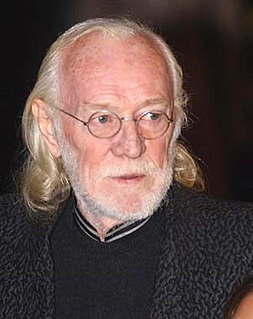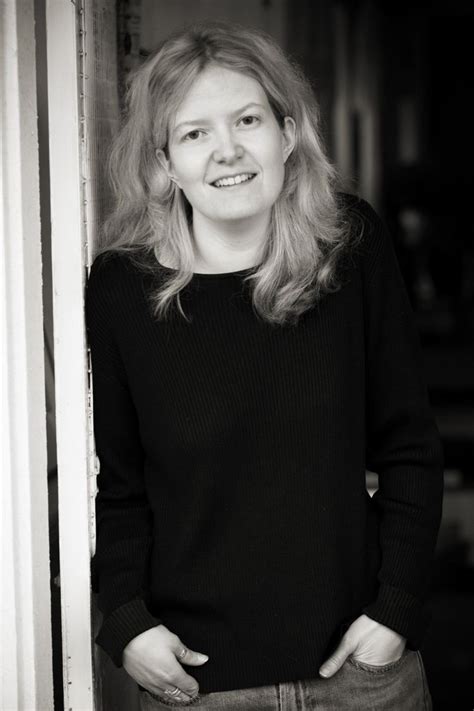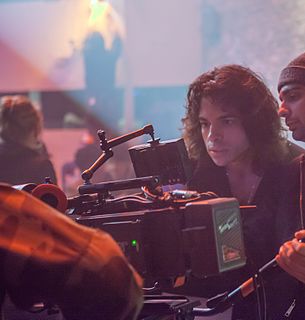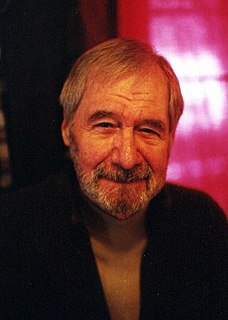A Quote by David Baldacci
All you have to do [to win a Pulitzer Prize] is spend your life running from one awful place to another, write about every horrible thing you see. The civilized world reads about it, then forgets it, but pats you on the head for doing it and gives you a reward as appreciation for changing nothing.
Related Quotes
One thing about winning a Pulitzer, it means you know what the first three words of your obituary will be: Pulitzer Prize-winner. After winning the Pulitzer, I couldn't help but notice how people suddenly looked at me with a newfound respect, and would say, "He's an expert." On the negative side, I developed a terrible case of writer's block for awhile, because I felt like readers would expect every one of my columns to be prize worthy.
You can't start out at 20 in whatever your profession is and say, "I want to win an Olympic medal," or "I want to become president," or "I want to win the Pulitzer Prize." If you love what you're doing, it's sort of a nice thing that happens toward the end of your career, or in the middle of your career. It is not the reason you were doing it. The reason you were doing it is because every day you wake up in the morning and you can't wait to learn something new.
When you are an historian, there's probably nothing that matters more than to be recognized by your colleagues in your own profession. I was lucky enough to win the Pulitzer Prize for History. I had to give a talk right after that to some young people. The most important thing to tell them, I think, is that you can't ever know that it's going to turn out that way.
How come you like Josh so much anyway? All he does is sit around drinking overpriced coffee and bitching about how awful things are" "He cares about the world." "If he cared about the world, he'd donate the ten thousand dollars he must spend on coffee every year to charity. That would be doing something.
I want people to see the beauty of that condition through the eyes of the characters. In doing that, they can allow people who have the condition to be more accepting of it, and to be open about it. That would be a contribution to the people who have it, and considering that 38% of the Pulitzer Prize winning poets are Bipolar, to think about how much these individuals have contributed to the human spirit.
I had a student once come up to me and we were talking about this incident, and, of course, I never had the right thing to say. But later on, I realized I should have said: Don't write about trying to change the world, just write about a changed world or a world that's not changing. Let that do the work.
I try to write a lot and my process is kind of back and forth. I procrastinate a lot so when I do sit down to write, I'm pretty lazy at it. And it's such a frustrating thing sometimes - writing - when you don't do it all the time, you get that thing in your head that you have nothing to talk about and you can't write songs.
Russian people really don't like it when somebody does horrible things in Russia, and then can calmly go travel to another country and spend time there. And this is what needs to be done: the Russian people need to be told this, because in today's world, just doing something is not enough. You've got to tell about it, too. If you've done something and haven't told about it, it's as good as if you hadn't done it at all.
Keeping your head down and doing the best job you can in the beginning gives you the opportunity to be evaluated on the basis of the contributions you are making. [Then], when you feel strongly about your work or about a position, you'll be given more attention [than] if you hadn't done that constantly.






































